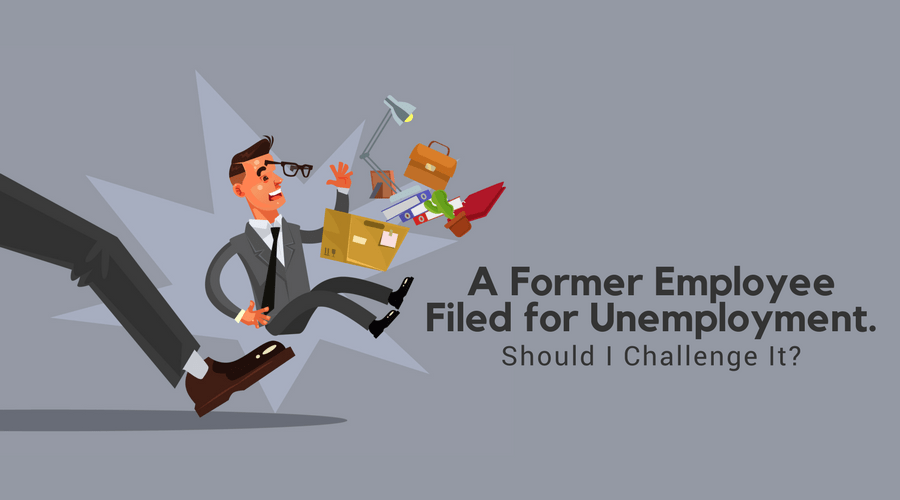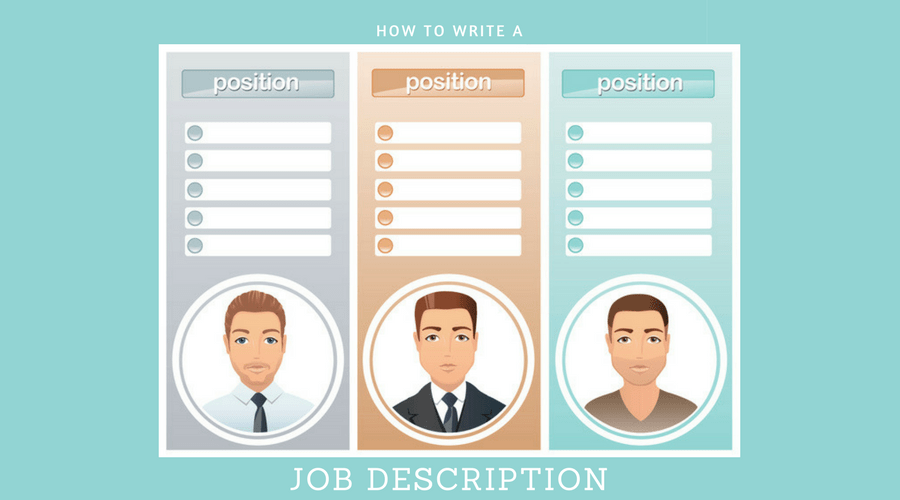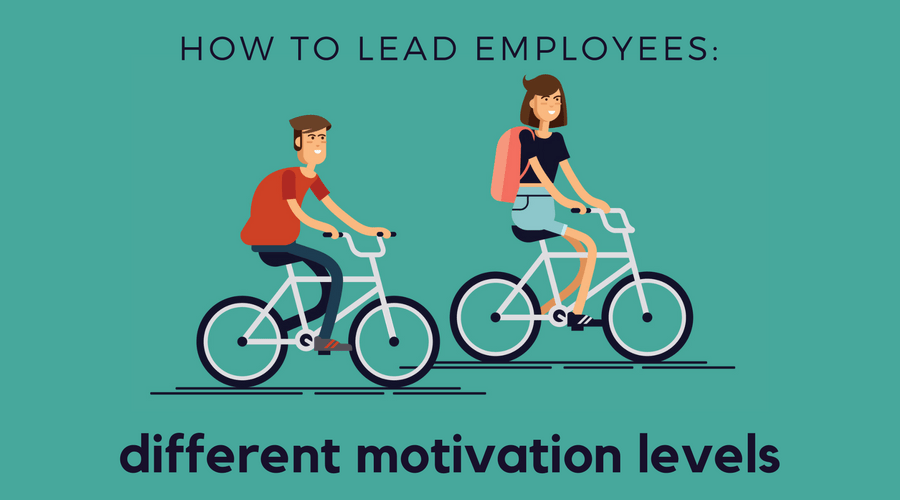A Former Employee Filed for Unemployment. Should I Challenge It?

When an employee leaves your company, they might apply for unemployment compensation. Unemployment compensation is supposed to provide temporary income for workers who lose their job. But, not every former employee is eligible for it.
If a former employee isn’t eligible, you’ll want to challenge the claim. If you don’t challenge the claim, you might end up paying higher state unemployment taxes.
The unemployment compensation system is a partnership between the Federal government and the state governments. The states pay workers’ unemployment compensation by levying taxes on you (the employer). These tax rates are experience-based, so if you have a high percentage of former employees receiving unemployment benefits, you’ll have a higher tax rate. So, it’s in your best interest to challenge an unemployment compensation claim, if you don’t think the worker is eligible for it.
Is My Former Employee Eligible for Unemployment Compensation?
For a worker to be eligible for unemployment compensation, they usually had to have lost their job through no fault of their own. So, if they lost their job because your company was downsizing, they’re probably eligible. If you had to scale back their hours from full-time to part-time, then they might be eligible for partial benefits.
So, when is a worker not eligible?
An employee does not have a right to unemployment compensation if they left their job voluntarily. (Unless, they were given the option of either resigning or getting fired. A forced resignation is not considered voluntary.)
They are also not eligible for unemployment benefits if they engaged in willful misconduct that led to them losing their job. For example, they engaged in willful misconduct if they
- intentionally violated company policies or rules;
- failed to follow instructions;
- exhibited excessive absenteeism or tardiness (without good cause or reporting it properly); or
- failed to meet normal standards of behavior.
Failing to meet normal standards of behavior could include sleeping on the job, stealing from the company, sexually harassing coworkers, being drunk or high on the job, lying or falsifying information, or using abusive or offensive language.
How Do I Challenge an Unemployment Claim?
If you don’t think a former employee has the right to collect unemployment benefits, you’ll have to act quickly.
Receive the Claim Notification
When a former employee files for unemployment, you’ll receive a notification (or separation report) from your state unemployment commission. The information included will be based on information provided by the employee.
You’ll also often receive a questionnaire to provide the commission with additional details.
Verify the Claim Details
The separation report will have general facts about the person’s employment and specifically the events leading to losing their job. All the information initially provided comes from the employee, so go through the report carefully to ensure there are no inaccuracies.
You’ll want to check that the person was actually an employee of your company – if the worker came from a temporary staffing agency or was an independent contractor, then they’re not considered your former employees. Then, verify the wage information, dates of employment, any severance and vacation payouts, etc.
You’ll also want to confirm the details causing the claim – termination or going from full-time to part-time.
Decide Whether to Challenge the Claim
If you think that the worker has a right to collect unemployment compensation, confirm the information on the separation report and submit it to your state’s unemployment commission.
If you don’t think that the worker has a right to collect unemployment compensation, you’ll participate in a fact-finding hearing. You’ll receive information about the hearing when you receive the notification of the claim.
Gather Evidence
Before the hearing, gather any and all written evidence. This evidence could include
- attendance records,
- a resignation letter,
- disciplinary actions relevant to or leading to the employee’s termination,
- a letter from the employee requesting a reduction in hours, or
- anything else related to the employee’s termination.
You’ll send all your evidence to the unemployment officer responsible for conducting the hearing. Don’t forget to also send them the separation report and indication that you’ll attend the hearing.
Attend the Hearing
Make sure you’re at the hearing on time. Each case is only given a few minutes, so it will begin whether you’re ready or not.
Make sure you or your representative know and understand all the evidence you submitted to the unemployment commission so you can answer all questions truthfully, factually, and professionally.
These hearings can get pretty emotional because you’re helping determine whether an individual will receive income that could potentially sustain them and their families. Try to remove the emotion by sticking only to the facts. You should also avoid arguing with the employee before, during, or after the hearing.
Receive the Decision
After the hearing, the unemployment officer will tell you and the employee when you should expect to receive the decision.
You’ll usually receive an explanation for the decision, along with the decision. If the commission sides with the former employee, you can use the explanation to determine whether to appeal the decision. Instructions on how to appeal will be included with the decision.


